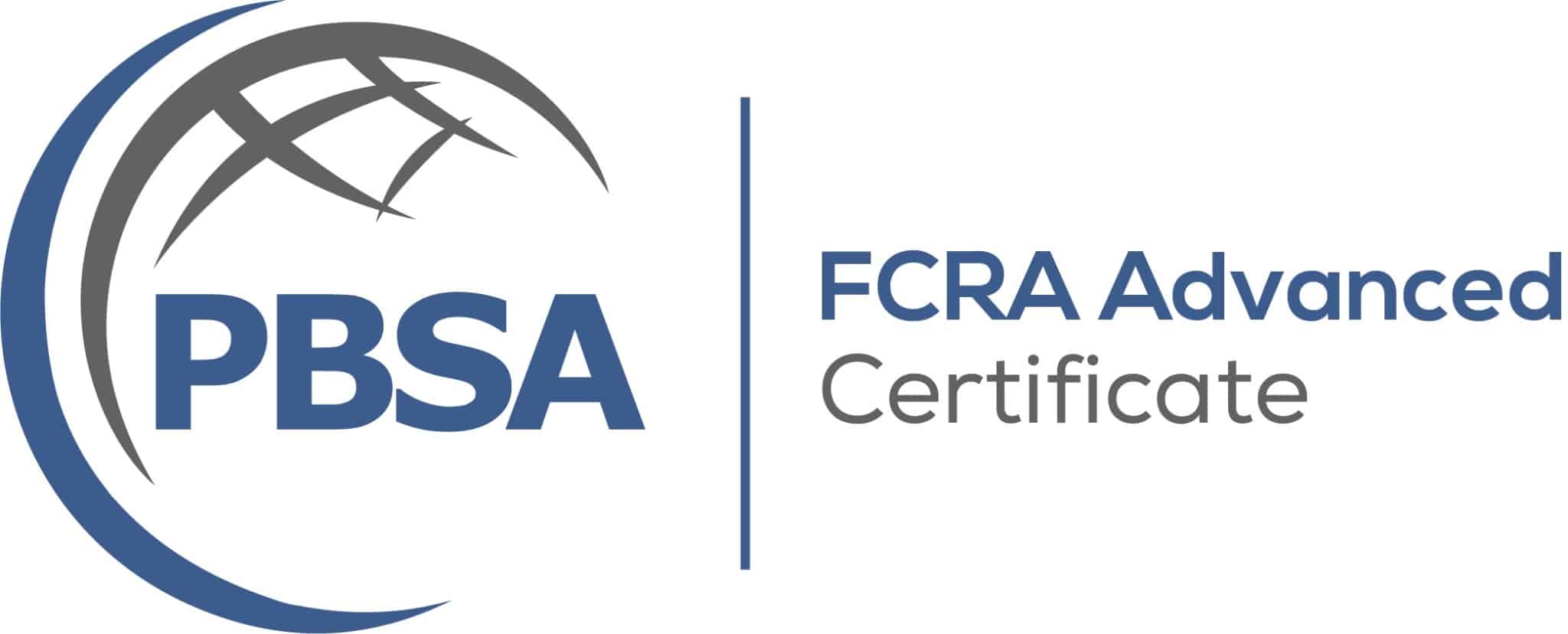
County Criminal Search
County Criminal Searches pull felony and misdemeanor records directly from county courts. Because most criminal cases originate at the county level, this search is the most reliable way to confirm current, accurate history for a candidate. Our researchers access official court indexes and, when needed, review physical files to confirm identifiers and case details.
Edify selects the right counties to search using the candidate’s address history and known alias names. We then report court-verified results that are FCRA-ready, including charge details, dispositions, and dates. If a jurisdiction requires clerk assistance, an archive pull, or has index limitations, we note that clearly so you understand timing and scope.
How It Works
- Identify counties from SSN trace, address history, and any disclosed locations.
- Search felony and misdemeanor indexes under all known names.
- Manually verify potential matches with multiple identifiers before reporting.
- Pull dockets or file copies as needed to confirm disposition and sentencing details.
- Document index limits, clerk delays, sealed records, or expungements when applicable.
When to Use It
- Baseline employment screening where accuracy is critical.
- Healthcare, education, finance, retail, staffing, and logistics roles.
- When a database hit needs court confirmation before adjudication.
- When candidates have lived in multiple states or use alias or maiden names.
TAT & Fees
- Typical ETA: 1–3 business days per county; some courts take longer due to clerk pulls or limited index access.
- Court access fees billed at cost and itemized by county.
- Rush options available in select jurisdictions; ask your Edify rep about coverage.
Why It Matters
County courts are the primary source of criminal records. Relying only on databases can miss recent filings or surface outdated data. A county criminal search reduces both misses and mismatches, supports fair and consistent hiring decisions, and aligns with your FCRA and EEOC processes.
For busy hiring teams, this means fewer surprises, faster adjudication, and confidence that your screening depth matches job risk and policy. Clear notes on delays or limitations keep stakeholders informed without slowing your offer process.
Use-Cases
- Healthcare: patient-facing roles that require trust and licensing oversight.
- Retail and hospitality: high-volume hiring where speed and accuracy must balance.
- Transportation and logistics: safety-sensitive positions with consistent screening depth.
County Criminal Search FAQs
Q: What exactly is reported?
A: Reportable felony and misdemeanor cases found at county courts, including charge descriptions, filing dates, disposition, and sentencing when available.
Q: Why do some counties take longer?
A: Some courts require clerk assistance, archive pulls, or in-person visits, which extends timing. We flag these jurisdictions and keep you updated.
Q: How far back do you search?
A: To court availability and your policy. Many employers align depth with job relevance and state reporting rules.
Q: How do you avoid mismatches?
A: We require multiple identifiers and review dockets when needed before including a record.
Q: Is this FCRA compliant?
A: Yes. We support disclosure, authorization, accuracy standards, and the pre-adverse and adverse action workflow.
Authoritative Source
Helpful resources for plain-English compliance:
- FTC: Using Consumer Reports: What Employers Need to Know
- FTC: Background Checks: What Employers Need to Know
- CFPB Circular 2024-06: Background Dossiers and Hiring
- EEOC Guidance: Arrest and Conviction Records
- PBSA: Practical Guidance
This information supports compliance understanding and is not legal advice.
Stay Updated with EDIFY Insights Newsletter
Get compliance tips, background screening updates, and HR best practices delivered straight to your inbox.





